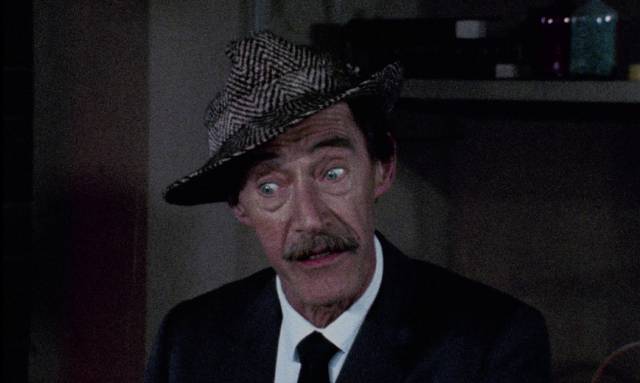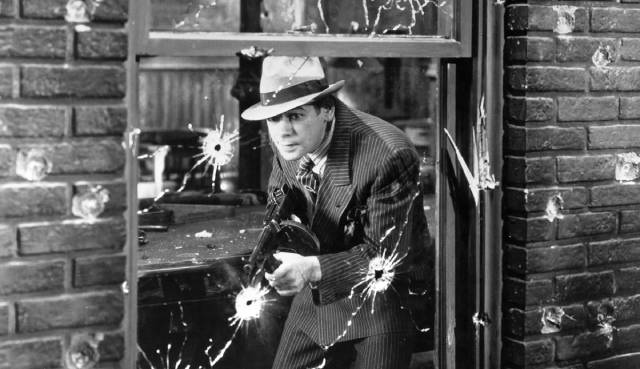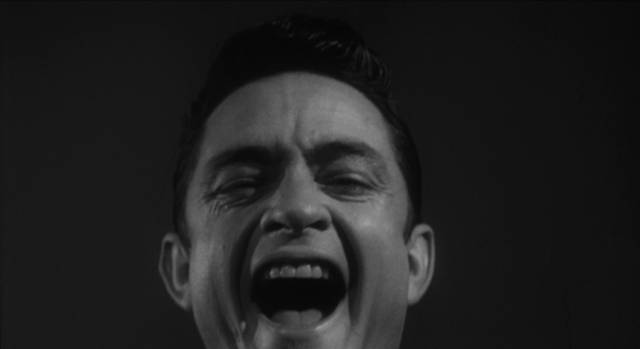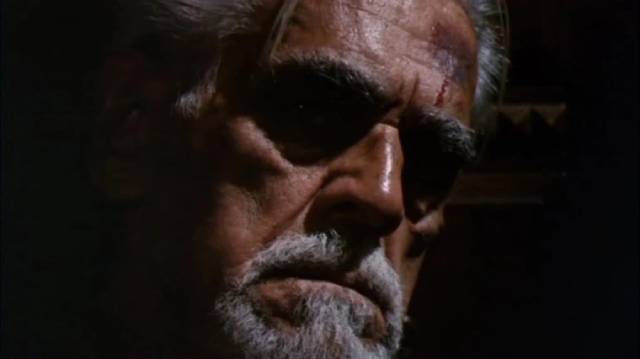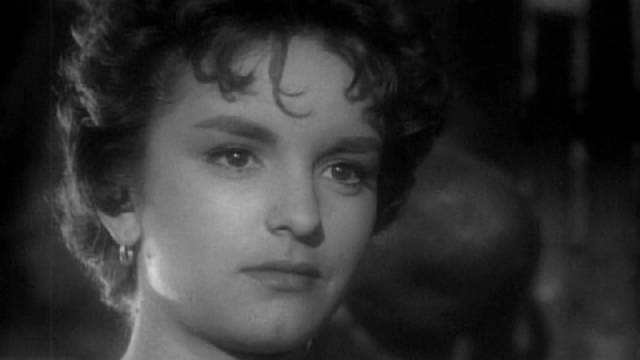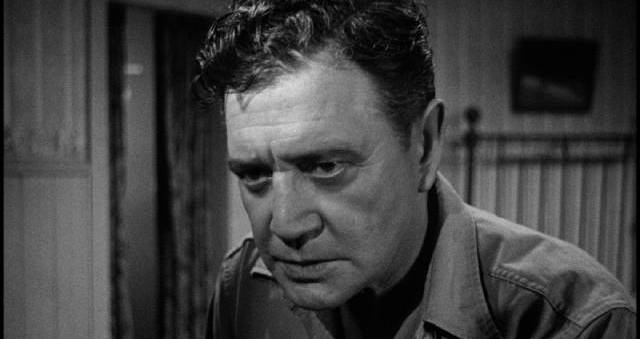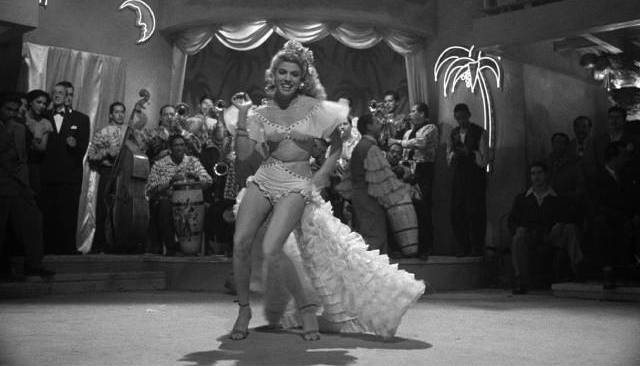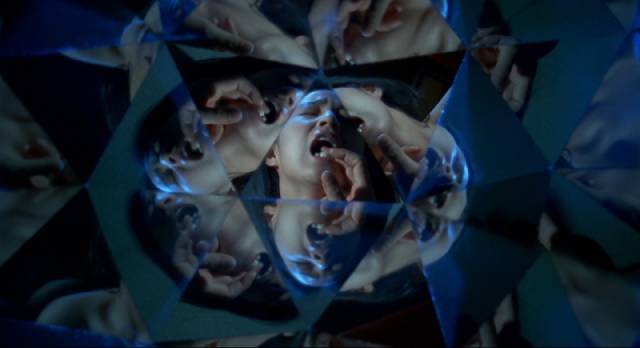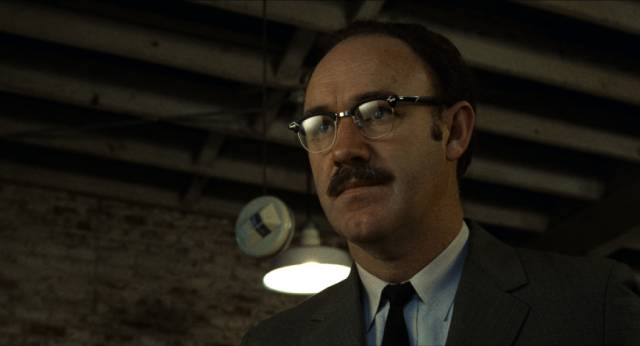
Two key films from the era of peak paranoia, the late-’60s and early ’70s, are given exemplary disk releases – Theordore J. Flicker’s darkly comic The President’s Analst (1967) on Blu-ray from Imprint and Francis Ford Coppola’s nightmarish The Conversation (1974) on 4K in a dual-format edition from StudioCanal.
